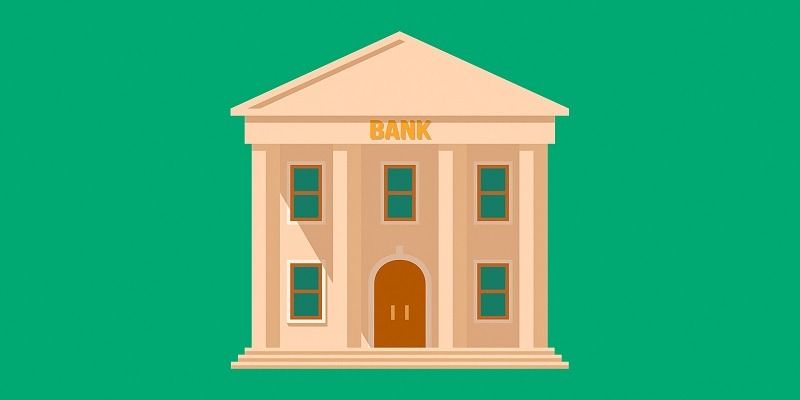
A mutual savings bank is a financial institution that is chartered by a regional or central government and owned by its members.
These banks offered small depositors a place where they could deposit their savings in an interest-bearing savings account.
Read more to find out about Mutual Savings Banks.
Mutual Savings Banks Described
Mutual savings banks invest in mortgages, loans, stocks, bonds and other financial instruments. However, they do not have capital stock, which is what larger banks have. Hence, the depositors own the business and share in any profits earned by the bank.
Since mutual savings banks originated in the Northeast and mid-Atlantic states there is a higher concentration there. They do also have a significant presence in the South. Also, given the community focus, a majority of these institutions focus on mortgage lending.
Mutual Savings Banks vs. Credit Unions
Some may think that credit unions are the same as mutual savings banks, but they are different. Although the two types of institutions have similarities — both mutual savings banks and credit unions accept deposits and provide loans — they also differ in some critical areas.
For example, credit unions do business in the not-for-profit sector. Any profit they earn in excess would go to the community or back to their customers.
Secondly, they also limit their customer base to a specific group of people, such as a community or people in a particular profession. While a mutual savings bank may serve a community, it does not require a customer to live in a specific area.
Additionally, the National Credit Union Association insures credit union deposits. Although deposits receive a form of federal insurance, it does not come from the FDIC.
The Struggles of Mutual Savings Banks
Mutual savings banks have faced challenges for unexpected reasons. For one, banking depends more on technology. Banks must invest heavily in cybersecurity, as well as develop the information technology infrastructure for electronic banking — specifically online platforms and apps.
The president and CEO of Danbury, Connecticut-based Union Savings Bank, Cynthia C. Merkle, blames margin compression for leaving little room to invest in financial technology. She stated that banks have to merge to finance the cost of this tech infrastructure, according to the Hartford Business Journal.
This is important because banks primarily earn money by loaning out that money at interest. The bank attracts the capital for loans by paying depositors interest for depositing funds at their bank.
For this reason, low interest rates compress margins as they lower rates both for loans and for depositors. They also leave little incentive for depositors to leave money in a bank.
Low rates also offer other opportunities for profit, such as increased demand for loans.
Should I Deposit Money in a Mutual Savings Bank?
Because mutual savings bank are owned by its depositors, not stockholders, this means that the Mutual Saving Bank’s profits are distributed to the depositors, typically in the form of higher rates on deposits and lower borrowing rates.
Some depositors prefer to keep their money at an institution that is owned by members, locally focused and highly conservative. However, more mutual savings banks are converting to stock-owned banks and issuing stock via an initial public offering.
The risk of a growing bank going public or being acquired by a stock-based or commercial bank may increase with its growth and profitability.
 |
Bottom Line
In conclusion, mutual saving banks allow you to be an “owner” in the bank. As mutual savings banks do not have outside shareholders like traditional banks.
For more information on banking, check out more bank guides right here on HMB!



Leave a Reply